Our priorities
What does Etterbeek 2024-2030 look like under the Ecolo-Groen vision?
For each theme, you will find our concrete proposals designed for Etterbeek and its residents. For the well-being of everyone, taking into account the specific characteristics of our municipality, the budget and actual feasibility.
This is a summary of a more complete programme, which can be downloaded here.
Happy reading!
We support Caroline Joway, the current alderwoman for mobility and public works, as our candidate for mayor.
An Ecolo-Groen Mayor means:
- Dedicating 100% to Etterbeek and its residents:
- by not combining the role of Mayor with another job/mandate
- by scheduling weekly meetings between the Mayor and residents
- by maintaining a balance between professional and family life
- by proposing a strategic plan for 2040, which will be subject to public consultation
- Ensuring safety for everyone, everywhere, and at all times:
- through enhanced prevention: increasing the number of peacekeepers, combating school bullying, reinforcing preventive and punitive radar systems to protect vulnerable users and deter speeding, etc.
- by increasing the number of mounted and bicycle police patrols
- by increasing the presence of neighborhood police inspectors on the ground
- by paying special attention to women, the homeless, and vulnerable groups
- by working effectively with regional and federal authorities in the fight against drug-related crime while helping victims
- by safeguarding the peace of residents (noise pollution, heavy traffic, construction sites, etc.)
- by proposing, whenever feasible , community service work (cleaning, waste sorting, etc.) instead of financial penalties
- by deploying surveillance cameras to detect cleanliness and road safety issues while respecting people's privacy
- by improving the support for victims of domestic violence, harassment, and discrimination
- Conducting an audit to improve the municipal administration's inner workings and the well-being of municipal workers, as well as imposing a comprehensive review of operating and investment budgets (zero-based budgeting);
- Depoliticizing the municipal newsletter and allowing, for example, citizens and economic and associative actors to contribute freely
- Creating a municipal ombudsman office and make complaint management a tool for the continuous improvement of municipal public services
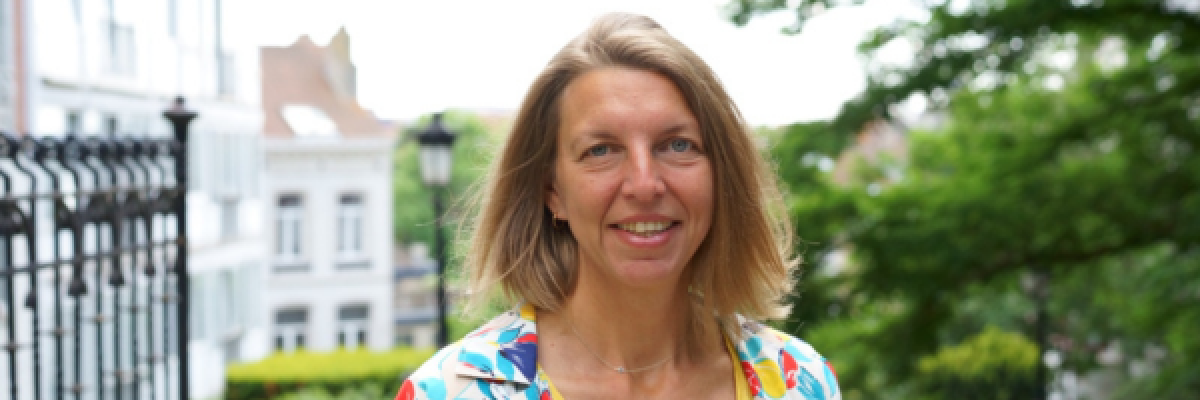
During the next six-year term, we will invest 28 million EUR in school buildings, sports infrastructures, and the greening of our streets.
This “Etterbeek 2030 Investment Plan” includes:
- 6 million EUR for tree-planting;
- 8 million EUR for sports buildings and infrastructure;
- 14 million EUR for school buildings.
Thus, we would increasing investments in these three areas by 40%.
For tree planting, we will implement the 300/30/3 strategy, which involves having a green space within 300 meters of any location, 30% of the commune's territory covered in greenery, and 3 trees visible from anyone’s home. The investment will also include planting a Tiny Forest and significantly increasing the number of de-paved areas in the communal territory. These investments will also create a green network linking every communal green space.
The investment plan will ensure the modernization of the sports center (Rue des Champs) and the municipal swimming pool. This will ensure that all buildings will aim for zero carbon emission (which allows for a return on investment). These investments will also facilitate the use of certain venues or school playgrounds for sports activities. We will create sports areas in public spaces.
Finally, 14 million EUR will be dedicated to modernizing our school buildings and infrastructure (toilets, heating, window frames replacements, etc.).
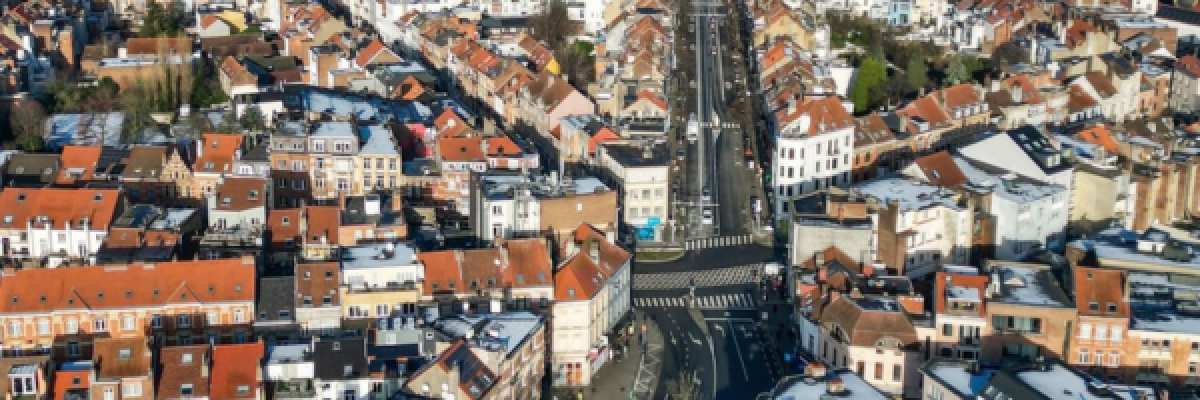
- Adjust the resident parking permit fee based on the size and weight of the car (so that the increased pollution generated by this type of vehicle is borne by its owner), with an exception for utility vehicles used professionally
- Increase the number of school streets and make them permanent by installing specific street signs (movable barriers, etc.) and, as soon as possible, by limiting street access and usage to allow only local traffic at all times
- Create traffic schemes to limit and manage through traffic (for example, in the Bernheim/New/Napoleon neighborhood), by developing a "calmed grid" principle, which means clear guidance towards major traffic routes by installing traffic-calming measures (urban signs, road narrowing, tree pits, green islands), making some streets one-way, etc
- Implement marked and/or separated bike lanes to ensure cyclists' safety and prioritize roads with dense and therefore dangerous traffic
- Continue installing bike racks and boxes
- Develop activities at Mahma (Active Mobility House): participatory repair workshops, fietsbib, bike fairs, “fight against theft” information sessions
- Generalize the installation of advanced cyclist zones (ZAC) at every traffic light and permanently prevent illegal parking within 5 meters of a pedestrian crossing
- Apply the PVTV principle in all mobility and public space redesign decisions: prioritize so-called vulnerable users and thus the least polluting forms of transport - (in order) Pedestrian-Bike-Public Transport-Car
- Take necessary measures to ensure that mobility is inclusive: public space designed for people with reduced mobility, strollers, etc., and enhance public space safety by ensuring sufficient street lighting, etc
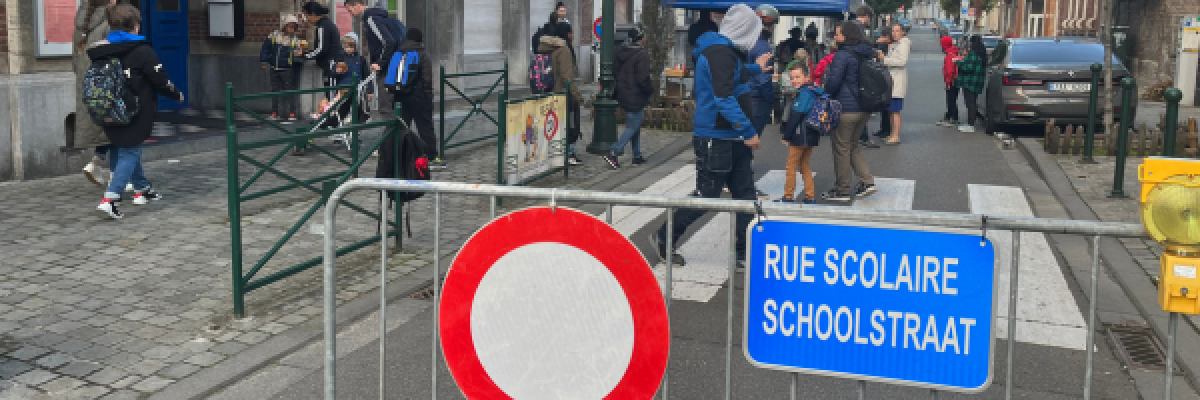
- Implement a 300/30/3 strategy which involves having green space within 300 meters, 30% of the commune's territory covered in greenery, and 3 trees in view from one's home so that every Etterbeek resident can see greenery from their window in addition to finding a park or green space within walking distance
- Increase the number of meeting and sports areas
- Plant a "Micro-forest" (Tiny Forest) in Etterbeek (e.g., at the barracks site, around the town hall, etc.)
- Require real estate developers, through urban planning charges, to develop accessible green spaces for residents (e.g., transformation of the old town hall and ING buildings (Cour St Michel))
- Remove advertising from public spaces and replace it with de-paving projects
- Require 20% social housing and 60% mixed-use spaces (housing, hospital, daycare, etc.) on the site of the old town hall with a large green space open to the neighborhood and a recreational area
- Redesign streets/squares in the commune to make them more user-friendly and secure by greening/pedestrianizing them (e.g., Chaussée de Wavre, Place Van Meyel, Aimé Dandoy)
- Extend park and garden opening hours
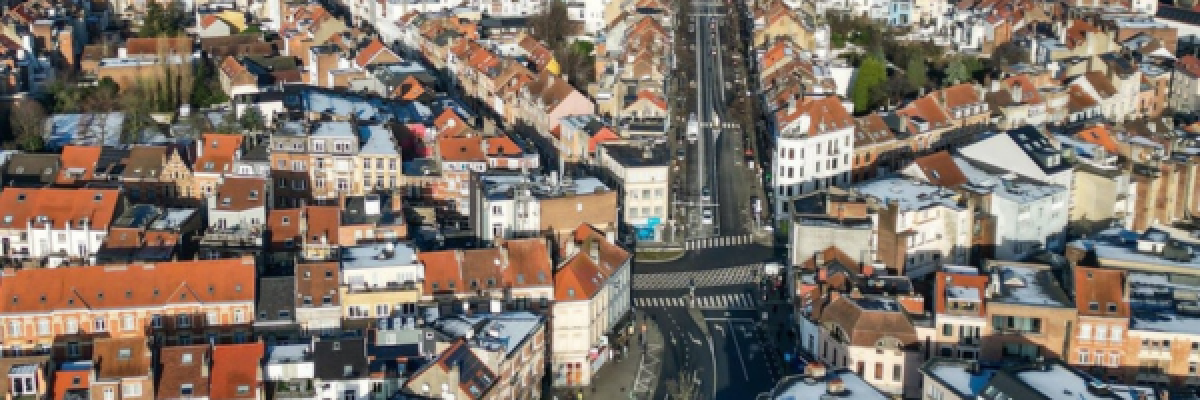
- Strengthen sanctions aimed at combating incivility regarding cleanliness
- Support the development of “repair cafés” (workshops for repairing clothes, machines, etc.) and other local initiatives focusing on repair and reuse of objects
- Develop Freego by making it sustainable and open every day
- Hire street sweepers who know their neighborhoods and have a social link function
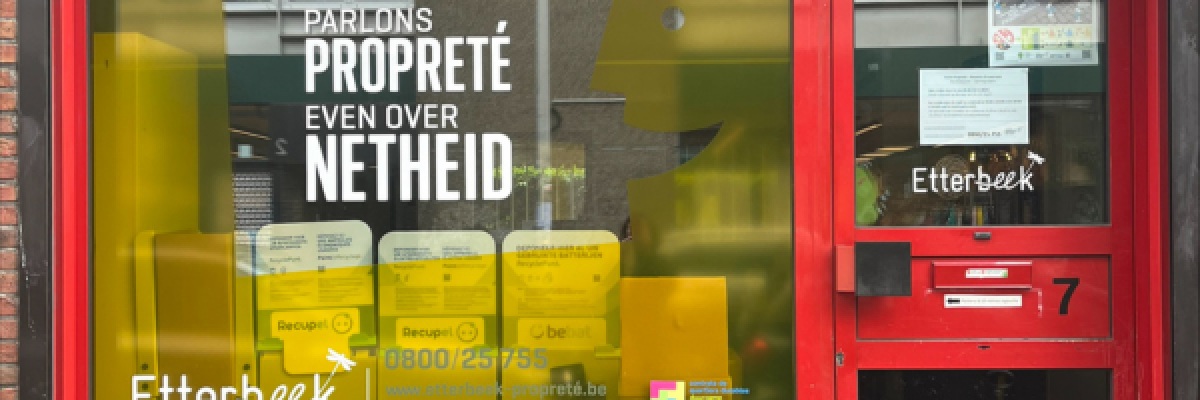
- Aim for a climate-neutral municipality by 2050
- Allow Etterbeek residents to measure their energy consumption for free
- Continue the inventory and decarbonization plan for municipal buildings, prioritizing schools and buildings with social functions (aiming for a 55% reduction in emissions by 2030)
- Organize the sharing of electricity among residents through energy communities, including with schools or public buildings
- Support and develop urban agriculture projects and community gardens by acquiring additional land (SNCB/former barracks/around the town hall)
- Increase access to drinking water in public places through fountains
- Ensure sidewalk paving allows rainwater infiltration into the ground
- Include strict environmental and social clauses in specifications (public contracts) and ensure their implementation
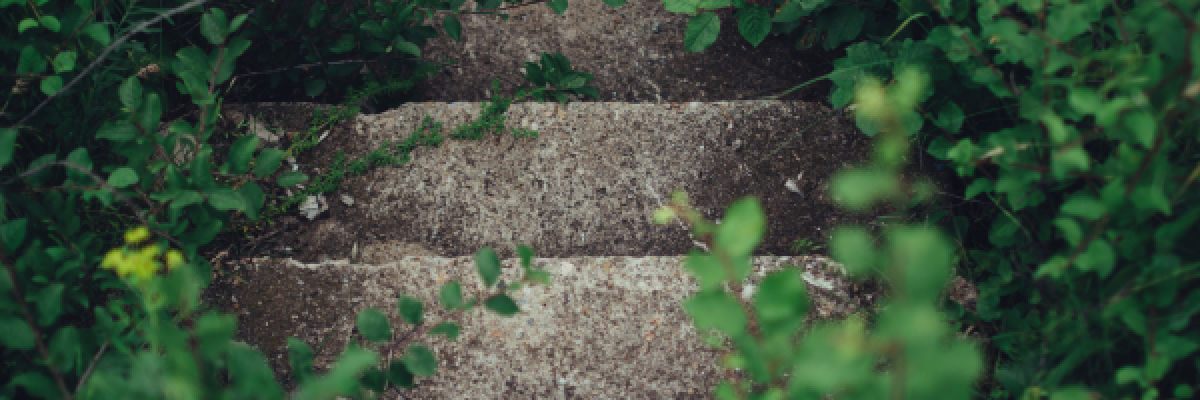
- Strengthen the implementation of neighborhood councils by covering all neighborhoods and increasing the extraordinary budget available to them
- Create a citizen evaluation committee for the implementation of priorities defined through participatory methods
- Broadcast municipal council meetings online (live and recorded) to allow everyone to follow them
- Make public (open data) the data from municipal institutions such as the location of collective equipment, street names, library catalog, municipal budget, public contracts concluded, etc
- Publish all municipal decisions to ensure more effective management and allow better oversight of institutions

- Expand the pop-up store system available to merchants who wish to develop an innovative project, lacking or coherent from a commercial balance point of view and/or expected by the population
- Reimburse the property tax for the first 3 years of a business’s existence to provide financial support
- Support “exemplary” businesses from an ecological and social perspective with installation aids, among others
- Offer, for each business that wishes it, a partnership in urban planning around its establishment: delivery zone needs, façade visibility, short-term parking for wholesale businesses, etc
- Subsidize off-street parking for utility vehicles
- Support businesses in their ecological transition by funding bike racks in off-street parking areas, purchasing bike boxes, and lending cargo bikes for deliveries
- Invest in the commercial core of the chaussée de Wavre adjoining the town hall, integrating mobility aspects (pedestrians and buses)
- Sustain the neighborhood terraces developed during the Covid period
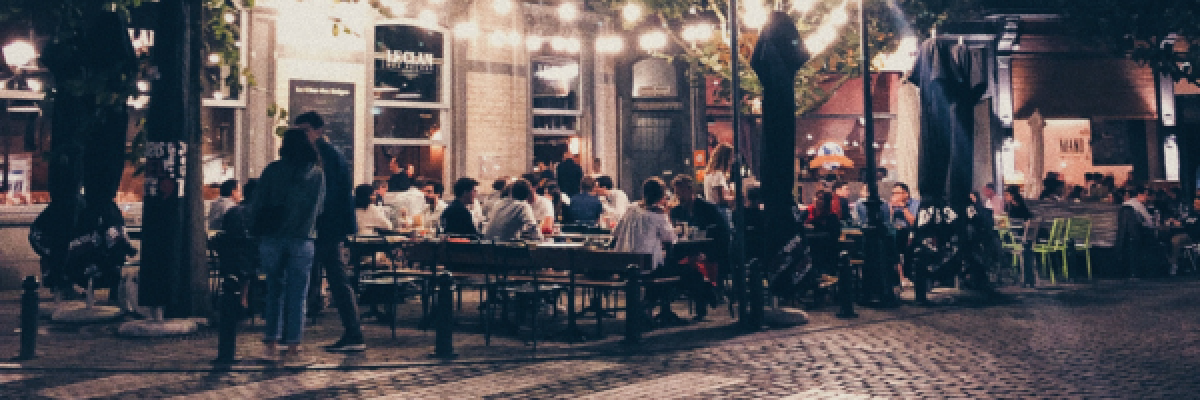
- Eliminate street occupation taxes (for containers, parking, scaffolding, etc.) for renovation works by individuals to insulate homes, and adjust the amount based on the reason for the occupation
- Continue to support, through targeted and substantial aids (renovation subsidies, energy efficiency, and insulation), initiatives aimed at the energy and qualitative transition of Etterbeek’s buildings
- Require, given the large projects that could impact the municipality in the coming years—namely, the demolition and reconstruction of housing on the site of the Parc Léopold Clinic and potentially the Federal Police barracks—the mixed use of public and private functions for any new real estate project: a balance of private, subsidized, and social housing, combined with professional, commercial, and cultural spaces.
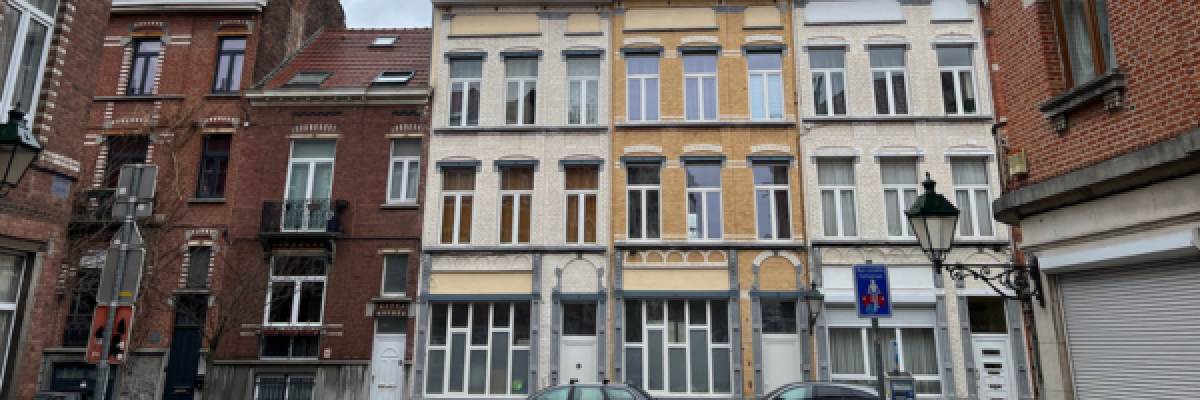
- Establish a one-stop shop at the CPAS offering initial human contact to clarify all the aid beneficiaries can receive and combat digital divide
- Review the organization of local social coordination to energize the extensive network of 156 local actors in Etterbeek, centralize the available subsidies, organize their collaboration by creating a "network house," and better support the various target groups through the development of a partnership between the CPAS and the associative fabric
- Establish free legal aid within the CPAS to provide an initial legal opinion and assist with procedures towards third-party operators
- Reorganize the CPAS services to better ensure the well-being of center workers and the effective collaboration of services in the interest of beneficiaries
- Provide a dedicated service for people in irregular situations to simplify reception and follow-up throughout the aid process
- Develop a proactive information campaign in multiple languages through various media to better publicize existing aids and services
- Open a free hotline to report isolation, fragility, or loss of autonomy
- Enable everyone to adapt to new technologies at their level to reduce digital divide and inform on the use of social networks
- Combat menstrual insecurity by ensuring free access to hygiene products in schools and other public institutions
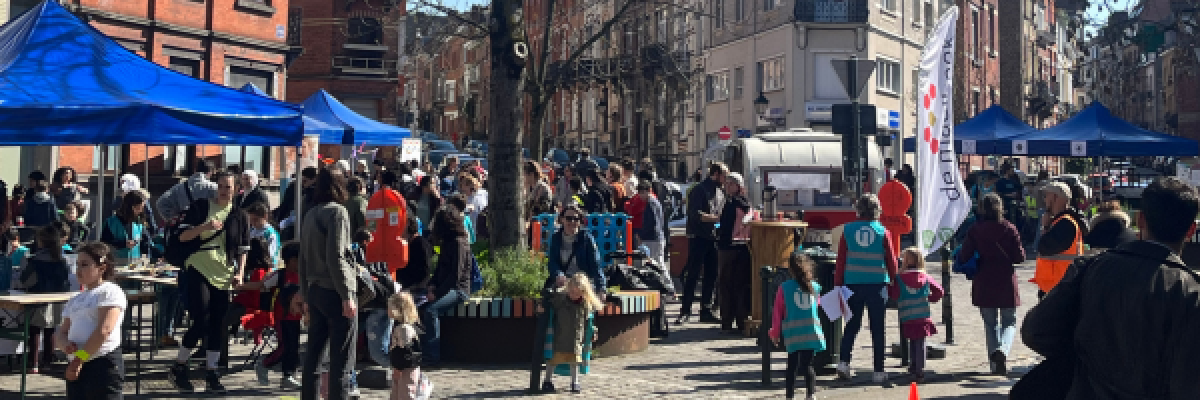
- Offer all children a healthy, quality, and affordable meal (free for those receiving CPAS benefits), in primary and nursery schools, prioritizing short supply chains, organic or sustainably farmed foods, and a less meat-centric plate with a focus on plant-based options, ensuring at least one vegetarian option
- Ensure adolescents have a public space suited to their needs, with infrastructure allowing for socializing, relaxation, and activities that do not disrupt others
- Maximize children's contact with nature and promote a green and airy environment, promoting the installation of vegetable gardens, trees, and shrubs in schoolyards = continue greening schoolyards
- Ensure that the Youth Houses of Etterbeek and youth movements have sufficient means to meet their demand, including subsidizing them and providing facilities and/or transportation means
- Strengthen support in homework clubs by promoting knowledge exchange and peer tutoring
- Increase the number of extracurricular activities (including language learning), both during and outside school hours, in partnership with the associative world, and pool extracurricular activities offered across all schools
- Provide all children with a free bowl of soup or a healthy snack (fruit) at 10 am to combat food inequality
- Support actions against school bullying
- Facilitate and regulate the use of certain school facilities or playgrounds for extracurricular activities (flea markets in the yard, association meals in the cafeteria, activities by associations or residents in the yard, etc.)
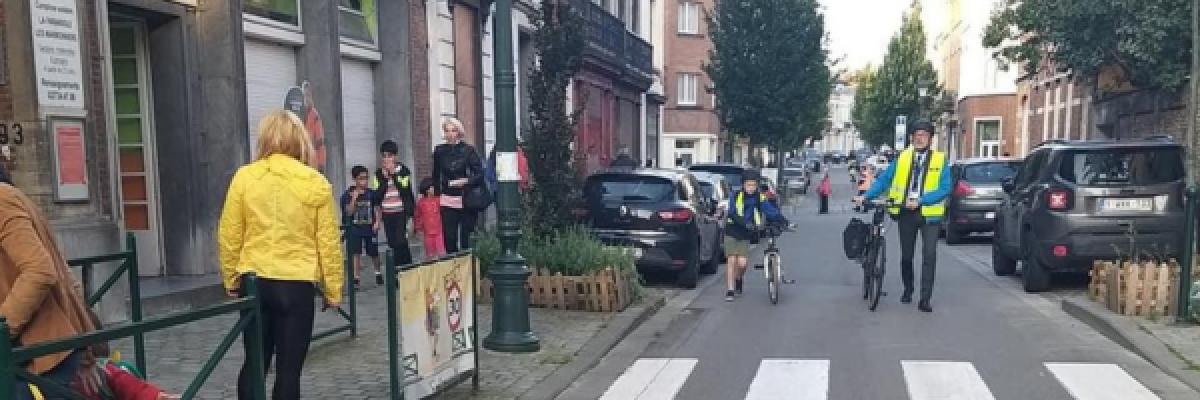
- Install sports/gentle exercise modules for seniors, adults, and young people in public spaces (pull-up bars, elliptical bikes, pedal machines near public benches...) to encourage free sports practice
- Increase the number of sports fields in the municipality also serving as meeting spaces for young people
- Consolidate all Francophone and Dutch-speaking cultural tools within a single cultural department
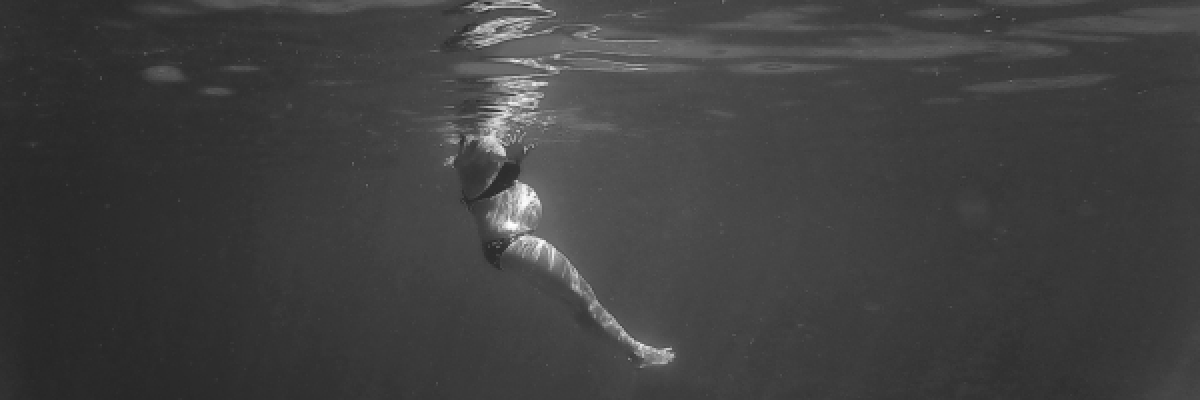
- Redesign the municipality's communication policy to adapt to technological and institutional changes. Websites, social media pages, and the municipal newspaper (La Vie Etterbeekoise) will be integrated, and their content will be open to neighborhood committees, associative initiatives, cultural initiatives, regional policies related to our neighborhoods, and our merchants, entrepreneurs, and artisans. The municipal newspaper will be transformed into a "local life magazine"
- Conduct activities in schools to combat sexism, racism, homophobia, and transphobia in collaboration with associations and public organizations (UNIA)
- Ensure that seniors are included in mobility considerations, with particular attention to sidewalk quality, the number of rest areas, and the availability of nearby public transport
- Structure supportive neighborhood networks within the municipality to complement the work of home care providers by offering minor services such as visits or occasional errands
- Coordinate local policies aimed at seniors by providing access to a specific (virtual and non-virtual) service desk where they can be assisted with completing municipal digital procedures or do so on paper
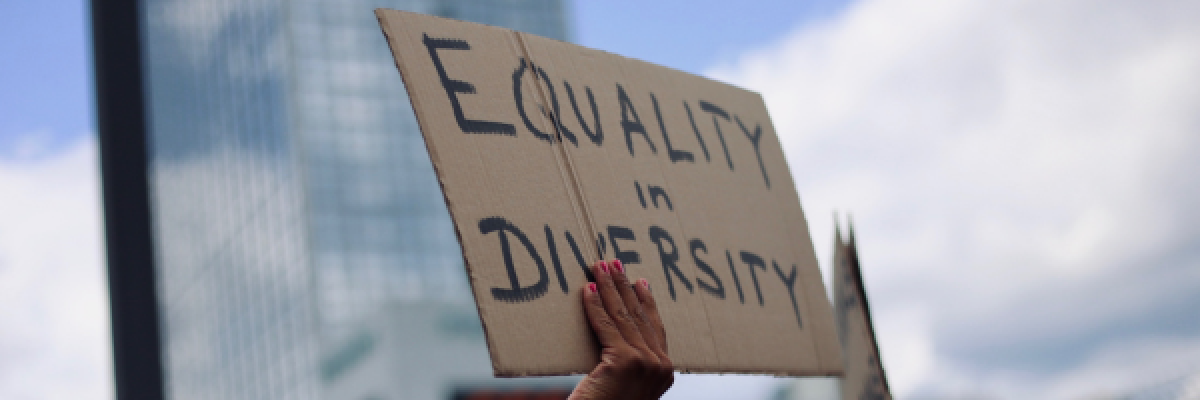
- Continue reducing the income tax on wages to strengthen tax equity
- Implement a "tax shift" by lowering the additional tax on personal income and compensating with revenue from the additional property tax
- Adjust, in collaboration with the regional administration, Brussels Fiscality, the cadastral income to reflect the renovation and modernization of properties since the last assessment to address growing inequalities among citizens regarding tax
- Increase the additional property tax if the cadastral income revision is not carried out by Brussels Fiscality or is insufficient to cover the reduction in personal income tax
- Double the tax for second residences (for comparison, this tax is twice as high in Berchem-Sainte-Agathe as in Etterbeek)
- Organize awareness campaigns and training for residents (drivers, cyclists, scooter users) and schools on road safety, ecological driving, the "cyclist’s license," carpooling promotion, soft and multimodal mobility, and issues faced by people with mobility challenges
- Raise awareness among children and youth about equality in schools and associations and educate them beyond gender stereotypes
- Develop information and awareness campaigns on access to rights and social services in accessible language and multiple languages
- Organize activities with associations to raise awareness about climate change and the environment
- Create expression spaces for urban arts or sports infrastructures to combat incivilities by conducting information and awareness campaigns
- Organize campaigns to inform residents about the importance of their participation and the various ways to get involved in community life
- Organize campaigns to inform residents about issues related to waste production and encourage more sustainable behaviors
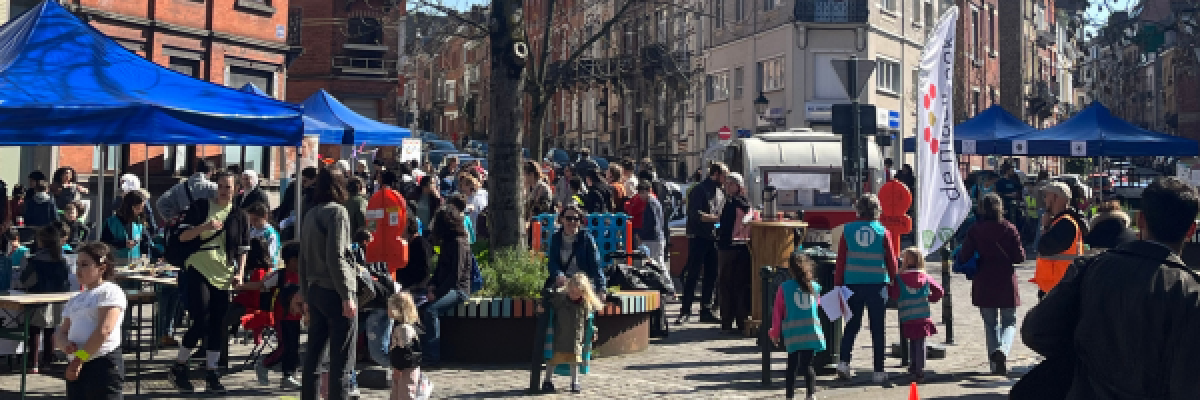
- Appoint a municipal animal welfare (AW) referent to answer residents' questions
- Ensure that the alderperson in charge of green spaces and biodiversity can also handle AW responsibilities
- Offer assistance covering microchipping, vaccination, and neutering for veterinary care for more vulnerable populations (in the form of vouchers for any chosen veterinarian or as free or reduced-price visits to the municipal veterinarian)
- Develop dog freedom zones where dogs can roam off-leash without impacting biodiversity or disturbing other park users and include activity courses for dogs
- Encourage cat sterilization through financial assistance and/or awareness campaigns, including using existing regional subsidies and/or municipal subsidies
- Increase the number of dog parks
- Provide incentives (or veterinary vouchers) for adopting from shelters or support "in kind": training courses, behavioral sessions, reduced-price veterinary follow-ups, etc

